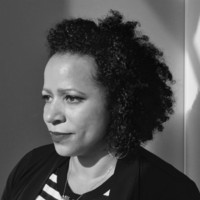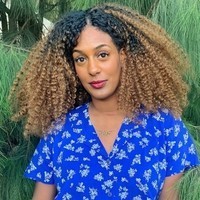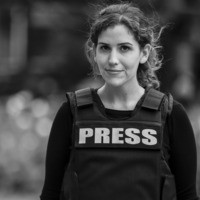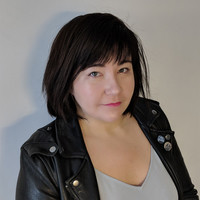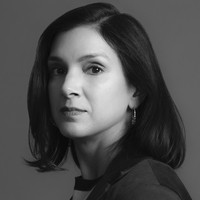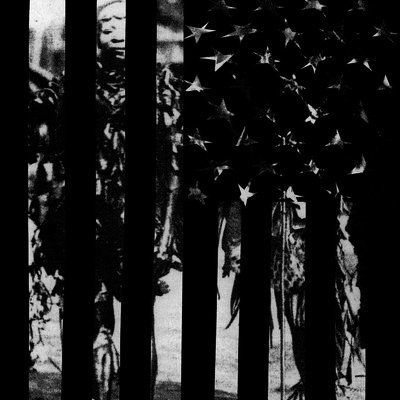Nikole Hannah-Jones covers civil rights for The New York Times Magazine.
“I don’t think there’s any beat you can cover in America that race is not intertwined with—environment, politics, business, housing, you name it. So, whatever beat you put me on, this is what I was going to cover because I think it’s just intrinsic. If you’re not being blind to what’s on your beat, then it’s part of the beat.”
Thanks to MailChimp's Freddie and Co., Audible, and Trunk Club for sponsoring this week's episode.
